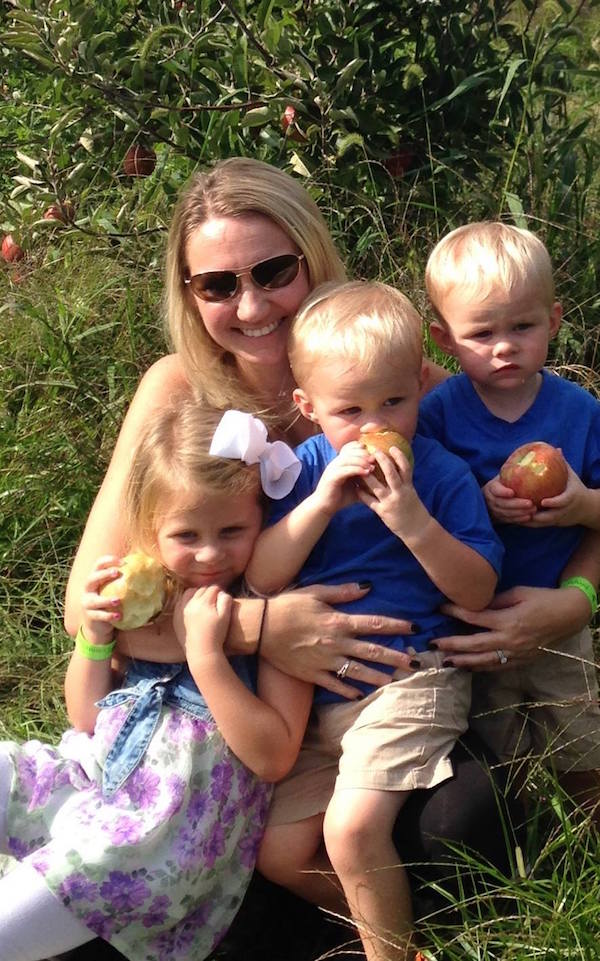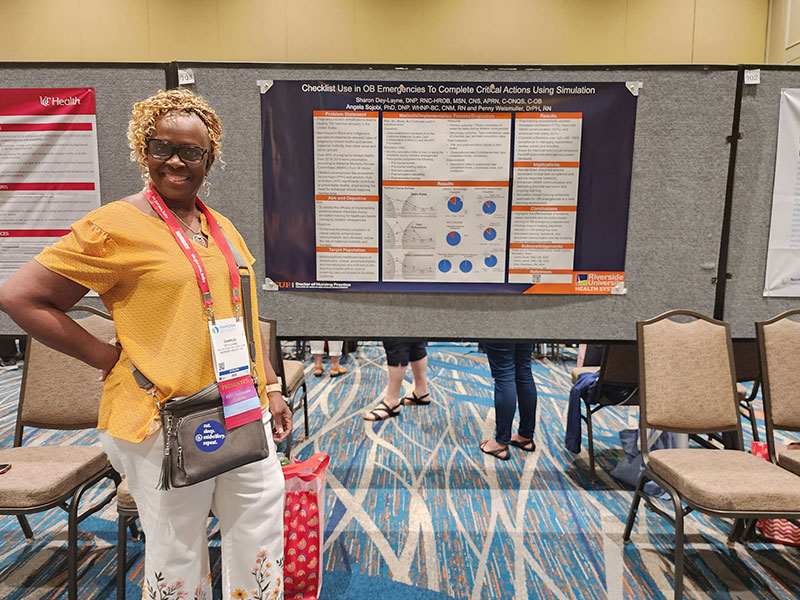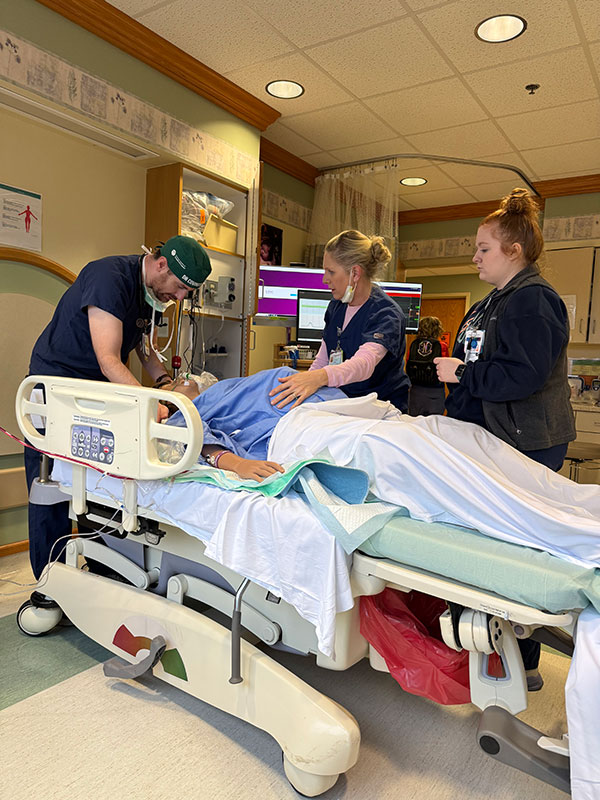As featured in the JOLIET HERALD NEWS
By Jeanne Millsap, For The Herald-News
JOLIET — Mothers usually have one big prayer during their pregnancies — that nothing goes wrong and their babies are delivered healthy.
That was precisely Jill Wieher’s prayer during her pregnancy with twin boys this year, and she was ecstatic it came true. However, immediately after her babies were delivered strong and full of vigor, Wieher collapsed.
“My heart had stopped,” she said.
And that was not all. Over the next few hours, she would go into shock, experience disseminated intravascular coagulation (DIC), cardiac arrest twice, and receive more than 25 units of blood products.
“Her situation was very tenuous, even once she was stabilized,” said Dr. Joshua Tepper, an interventional radiologist at Provena Saint Joseph Medical Center. “She was very sick for a couple of days.”
Tepper said not many patients come out of a situation like Wieher’s. She had suffered from amniotic fluid embolism, or AFE, a rare pregnancy-associated condition that has a 60 percent to 80 percent mortality rate.
Smooth pregnancy
No one had any idea her pregnancy and delivery would be anything but normal. Although she was carrying twins, her earlier pregnancy the year before had gone without a hitch, and this one went just as well. She found out she was carrying two after an ultrasound last Halloween.
“It was shocking,” she said with a laugh. “I didn’t have any sense I was carrying twins.”
She said her husband thought she was joking when she told him the news. She knew raising the twins along with her young daughter would be a challenge, but she sailed through the pregnancy, delivering at 37 weeks — full term for a multiple pregnancy.
A Caesarean section was scheduled, but after she called her obstetrician with a question about the decreased movement of the babies, she was told to go on in and they would deliver a little bit earlier than planned.
“I don’t remember going in at all,” she said. “I don’t remember anything about that day.”
Wieher relies on her husband, family, and medical staff to fill her in on the details. Her husband later told her that just after the twins were delivered, she told him she wasn’t feeling right, then she suddenly lost consciousness. For the next eight days, Wieher’s life is still a blank memory.
Tepper recounts that he received a call that day from his colleague Dr. Kristopher McDonough, a Provena critical care physician. Tepper said he happened to be in the hospital at the time and the “angio suite” happened to be available.
Wieher was rushed into the suite.
“She was in shock,” Tepper said. “She had massive blood loss.”
‘Like a poison’

Tepper said he had never seen a case of AFE before, but he had handled such severe hemorrhaging before and knew exactly what to do. As far as he knows, there had never been a case of AFE at the hospital, either.
It’s so rare that it occurs in only one of every 15,000 pregnancies. It’s so deadly, though, that it is the second leading cause of maternal death. Tepper said the condition is not well studied, but it’s thought to be caused by an anaphylactic reaction of the mother’s immune system to the mucin secretions of the baby in her bloodstream.
“It can be like a poison to some mothers,” he said.
Medical teamwork
Tepper’s job was to find the source of the bleeding and stop it. There were 15 people in the room, he said, all working to save Wieher’s life. By this time, she was in DIC, which Tepper said resulted in the blood not clotting properly. Several transfusions were given to her during that time. Tepper performed an angiogram where he found the source of bleeding in one of her uterine arteries and stopped it.
A team of physicians and staff from anesthesia, surgery, respiratory, cardiology, interventional radiology, the lab and more were involved saving Wieher’s life. McDonough was beside her bed for days.
“It was amazing,” Tepper said of the teamwork. “Everyone did their job, and it all came together with miraculous results.”
In the hospital for 12 days, Wieher only remembers the last four.
“It never occurred to me to worry what might happen to me during the delivery,” she said. “I was always just worried about the babies.”
Wieher is fine now, enjoying her twin boys Michael and Daniel and her daughter Isabella. She said she’s still amazed and grateful when she hears about all the heroism of the medical staff in keeping her alive.


